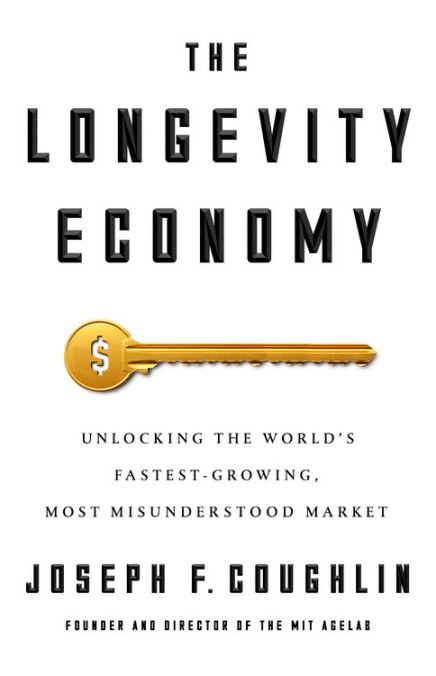"Unlocking Financial Freedom: The Ultimate Guide to Loan Forgiveness Programs"
#### Understanding Loan ForgivenessLoan forgiveness refers to the cancellation of some or all of a borrower's outstanding debt, typically in relation to stu……
#### Understanding Loan Forgiveness
Loan forgiveness refers to the cancellation of some or all of a borrower's outstanding debt, typically in relation to student loans, mortgages, or other types of loans. This process can provide significant relief for individuals who are struggling to repay their loans, allowing them to focus on other financial priorities. Various programs exist to help borrowers qualify for loan forgiveness, often tied to specific criteria such as employment in public service, income levels, or completion of certain educational programs.
#### Types of Loan Forgiveness Programs
There are several types of loan forgiveness programs available, each designed to assist different groups of borrowers. Here are some of the most common:
1. **Public Service Loan Forgiveness (PSLF)**: This program is aimed at individuals working in the public sector, including government employees and non-profit organizations. After making 120 qualifying monthly payments while working full-time for a qualifying employer, borrowers can have their remaining federal student loan balance forgiven.
2. **Teacher Loan Forgiveness**: Teachers who work in low-income schools or educational service agencies may qualify for forgiveness of up to $17,500 on their Direct Subsidized and Unsubsidized Loans after five consecutive years of teaching.
3. **Income-Driven Repayment (IDR) Forgiveness**: Borrowers enrolled in income-driven repayment plans may have their loans forgiven after 20 or 25 years of qualifying payments, depending on the specific plan.
4. **State-Specific Programs**: Many states offer their own loan forgiveness programs to attract professionals to high-need areas, such as healthcare, education, and public service.
#### Eligibility Criteria for Loan Forgiveness

To qualify for loan forgiveness, borrowers must meet specific criteria, which can vary by program. Common eligibility requirements include:
- **Employment Status**: Many programs require borrowers to work in certain fields or for specific types of employers.
- **Payment History**: Borrowers must typically have made a certain number of qualifying payments under a qualifying repayment plan.
- **Loan Type**: Not all loans are eligible for forgiveness; for example, only federal student loans qualify for PSLF.
#### The Application Process for Loan Forgiveness
Applying for loan forgiveness can be a complex process. Here are the general steps borrowers should follow:

1. **Research Programs**: Identify which loan forgiveness programs you may qualify for based on your employment and loan type.
2. **Gather Documentation**: Collect necessary documents, including proof of employment, payment history, and loan information.
3. **Submit Application**: Complete and submit the required forms for the specific loan forgiveness program. For PSLF, borrowers must submit the Employment Certification Form annually.
4. **Follow Up**: After submitting your application, keep track of its status and ensure that your loan servicer has processed it correctly.
#### Common Misconceptions About Loan Forgiveness
There are several misconceptions surrounding loan forgiveness that can lead to confusion among borrowers:

- **Loan Forgiveness is Automatic**: Many borrowers believe that they will automatically receive forgiveness after a certain period. In reality, borrowers must actively apply and meet specific requirements.
- **All Loans are Eligible**: Not all loans qualify for forgiveness. It's essential to understand which loans are eligible and the specific terms of each forgiveness program.
- **Forgiveness is Taxable**: While some forms of loan forgiveness may be taxable, many federal student loan forgiveness programs do not count forgiven amounts as taxable income.
#### Conclusion: Taking Control of Your Financial Future
Loan forgiveness can be a powerful tool for borrowers seeking to alleviate their financial burdens. By understanding the various programs available, eligibility criteria, and the application process, individuals can take proactive steps toward achieving financial freedom. Whether you are a teacher, public servant, or simply someone struggling with student loans, exploring loan forgiveness options could be the key to unlocking a brighter financial future.